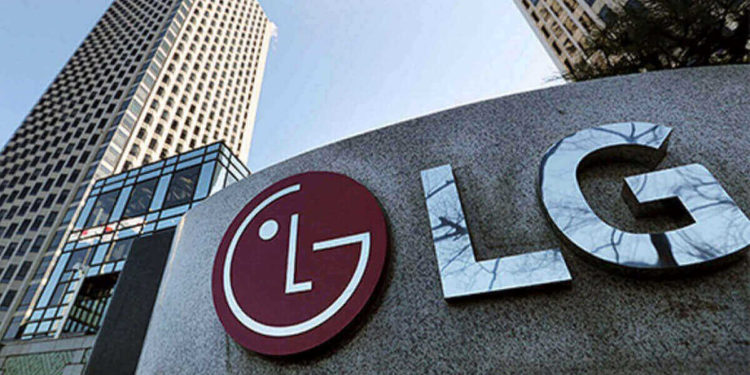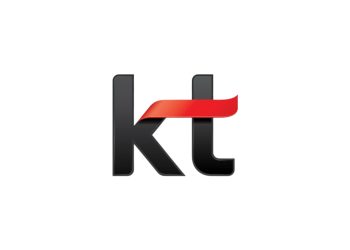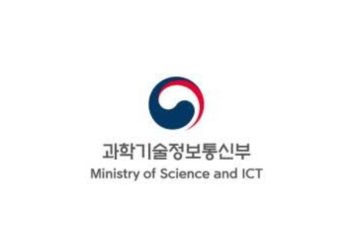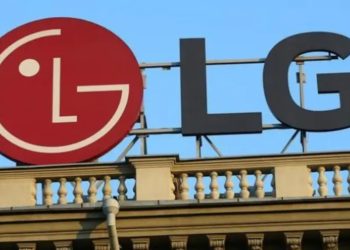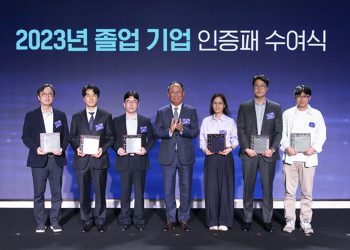LG Chem said on Thursday that it approved the spin-off of its global rechargeable battery business to establish a battery subsidiary with a new name, LG Energy Solutions.
LG Chem decided to split off its battery business division on December 1 in a board meeting held last Thursday. LG Energy Solutions would manufacture energy storage systems (ESS), small-sized batteries, and electric vehicle batteries. The company currently runs four businesses, namely batteries, petrochemicals, advanced materials, and life sciences.
The South Korean company expects the spin-off would secure funding for expenses totaling 3 trillion won (US$2.5 billion) on facilities yearly. To date, the company finances its battery business operations from its petrochemical profits.
LG Chem intends to promote the new subsidiary as the world’s leading energy solution company. LG Energy Solutions would also provide E-Platform services that include battery care, batteries’ life cycle, charging, leasing, and recycling. The company targets a revenue of more than 30 trillion won (US$25.5 billion) in 2024.
Establishing a World-Leading Energy Solution Company
An LG Chem official said the company proceeded with the spin-off since the EV battery industry begins to yield substantial revenues. The spin-off would enable the chemicals firm to raise funds and sell some of its stake in the subsidiary later, which would finance future investments for joint ventures and plant expansion.
LG Chem produced high profits in the EV battery business this second quarter compared to Samsung SDI and SK Innovation. The company’s battery business unit earned an operating income of 155.5 billion won (US$132 million). The company’s order backlog values more than 150 trillion won (US$129 billion) coming from Volkswagen, Tesla, General Motors, Audi, Volvo, Renault, Chrysler, Ford, and Daimler.
However, the spin-off caused opposition from retail investors since experts showed concerns that the separation could devaluate LG Chem. Most retail investors bought the company battery stocks, but the spin-off would leave the retail investors with only chemical stocks.
General Motors and Chinese automaker Geely set up 50:50 joint ventures with LG Chem to build EV battery factories. LG Chem aggressively followed a joint strategy to help the company target the local industry since last year. The move aims to strengthen partnerships with automakers amid increasing competition in the industry.

